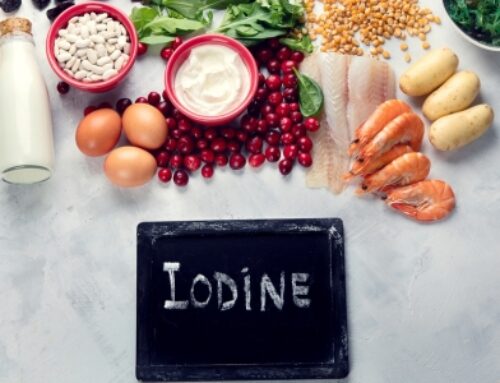
Most parents who have dealt with toddlers or pre-schoolers have encountered some degree of fussy eating. As frustrating as it is, fussy eating is a normal part of a child’s development. Most children between 18 months and 5 years will go through a period of neophobia. This refers to a refusal to try new, unfamiliar foods. In evolutionary terms this makes sense – not eating something until the brain recognises it as safe. Why do they seem to be so highly suspicious of vegetables in particular? Probably due to many vegetables containing bitter compounds making them less palatable than sweeter foods. The high variety of crazy shapes and colours probably doesn’t help either.
They will also go through a period of refusing foods that they have previously happily accepted. This is believed to be more of a behavioural development issue. They’ve suddenly realised that they can enforce an influence on the world around them. For example, if they say “no” to peas mum’s face makes the funniest expression and she pulls her hair out.
While these behaviours are completely normal, if not addressed they can lead to a child eating a very restricted diet. This in turn places them at risk of nutritional deficiencies and can impact on their growth and development. The most common diet-related concerns for fussy eaters are as follows:
Constipation
Studies have shown that fussy eaters have a higher prevalence of constipation and hard stools. This is likely to make them even less interested in food as those backed-up stools don’t leave a lot of room in those tiny abdomens. Evidence suggests that ongoing constipation can impact on a young child’s ability to develop normal bathroom habits and behaviours.
Constipation is usually the result of a low fibre intake. Vegetables and whole grains are fantastic dietary sources of fibre. Unfortunately, these types are foods are commonly what fussy children won’t touch. Ensuring that your child has enough water throughout the day will also help to prevent constipation.
Iron Deficiency
Symptoms of iron deficiency include tiredness and irritability, as well as poor growth. Iron deficiency is a common problem for fussy eaters, especially if they are a milk-a-holic. While milk and dairy products do play a role in a balanced diet they are not nutritionally complete, and are particularly low in iron. A glass of milk can often be enough to satisfy a small child’s appetite, and once they’ve filled up on milk there is little room for any other food. This is compounded by the fact that iron-rich foods such as green leafy vegetables, whole grains and red meat are among some of the most commonly refused foods.
Zinc Deficiency
Fussy eaters also have an increased risk of zinc deficiency. Zinc is found in those foods that are typically refused such as vegetables, whole grains, as well as seafood and meats. Zinc plays an important role in immune function. Given how many germs seem to do the rounds in early childhood, a well functioning immune system is essential for young children. Zinc deficiency has been shown to also cause a loss of taste and a decrease in appetite, so a zinc deficiency is only going to make fussy eating tendencies even worse.
Growth Faltering
Growth faltering is the extreme result of prolonged fussy eating. Children grow at different rates throughout childhood, and there is no single weight that a child should be at any given age. As long as they are tracking along the same percentile on a growth chart – whether that be the 3rd, 50th or 95th centile – there is no need for concern. If they start to fall below their centile then it is important to seek advice from a medical professional to determine the cause and then what action is needed.
What should you do?
If you have a fussy eater, this article here will provide you with strategies to overcome fussy eating tendencies. One of the most important points is to continue to offer a wide variety of foods, even if they have been refused in the past. Let them choose whether they eat it or not. Evidence shows that trying to force foods, offer alternatives or bribes are all likely to lead to your child disliking a food even further.
If you are concerned that your child may have a nutrient deficiency, have a blood test performed before commencing supplements as excess consumption of some vitamins and minerals can lead to toxicity.
Michelle Saunders is our Paediatric Dietitian expert and can help you with a fussy eater.



